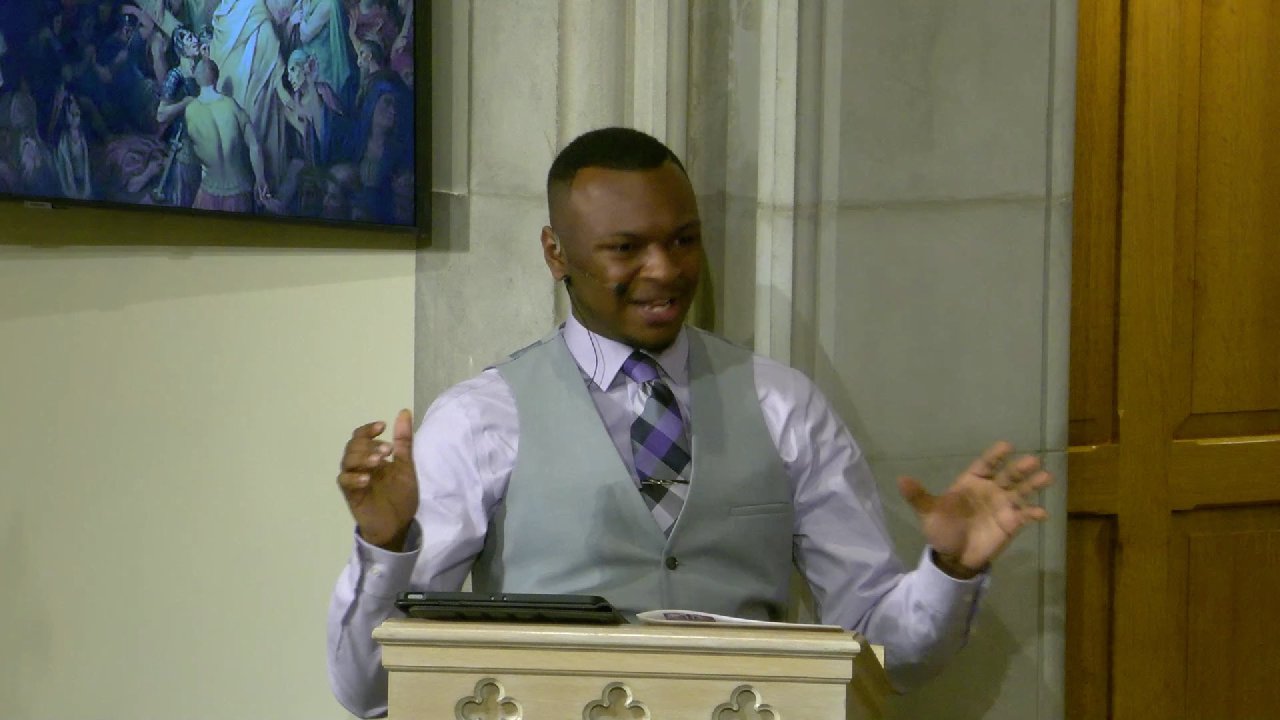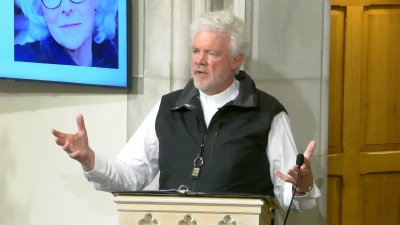Too often, we are so comfortable in our spaces, places, and races that we turn blind eyes to our siblings of humanity who are crying out for relief. We turn our heads to paradise while many, purposely outside of our gaze, are stomped upon by systems of oppression, violence, and hate. We focus on our bubbles of comfort and safety, while many just blocks away from us starve, giving up whatever items they can to have just one more meal, and a moment of warmth.
How often are we captivated in fear by how others feel about us? Fear about losing friends or losing social status? So much so that we don’t speak out when others use their power or influence for wrong. We silence ourselves and allow ourselves to be a part of the problem because “that’s not our fight” or to save face and space.






